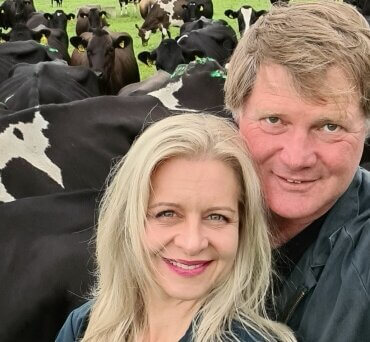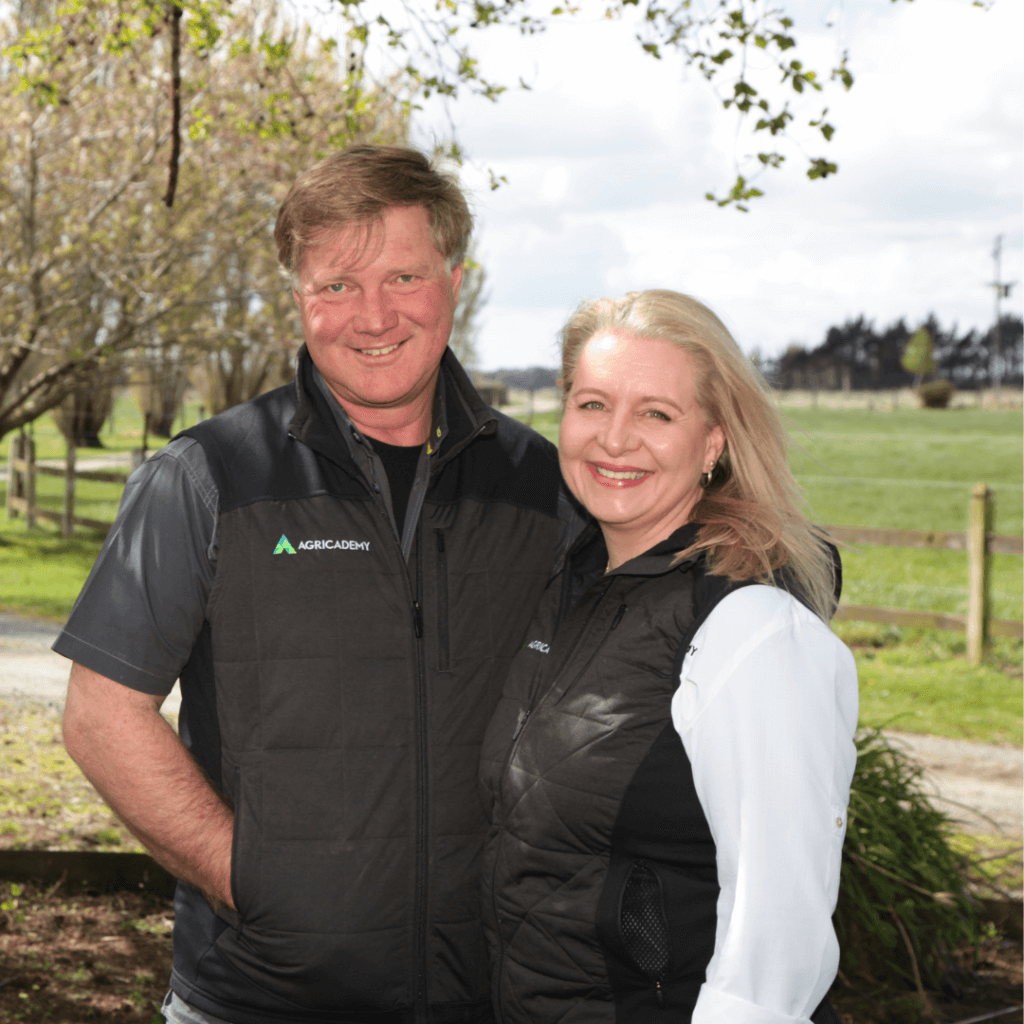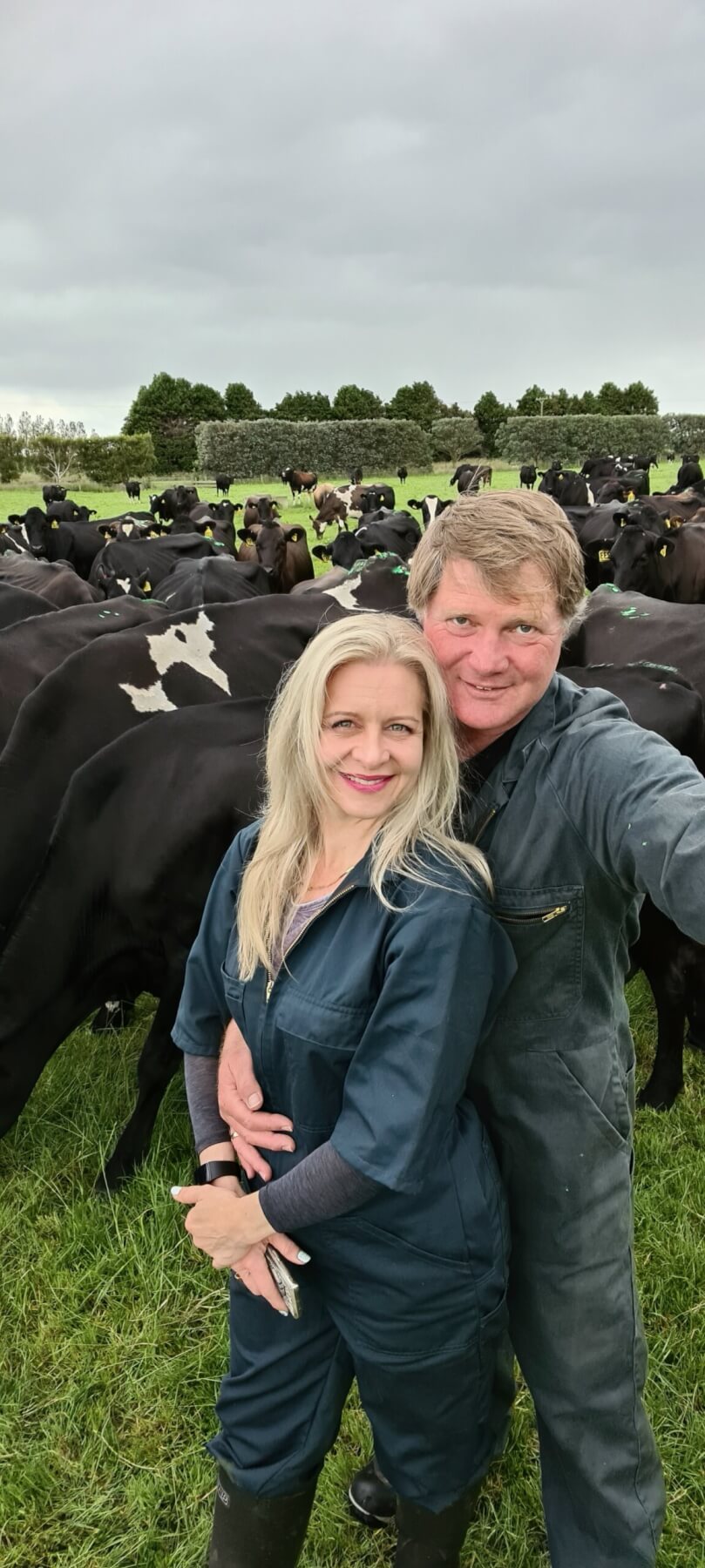
Hannes and Lyzanne du Plessis
Farming families are being called on to help connect Filipina women with an online new English language programme.

Hannes and Lyzanne du Plessis. Photo: Agricademy
Founder Lyzanne du Plessis said she owes her life to speaking English well and easily making friends in New Zealand. It saved her after she nearly went off a cliff: a real one, not a metaphor.
The course is coming north after a successful South Island pilot.
Topics include Kiwi slang, dairy farming vocabulary, migration rules, schools, and programmes like the ACC and Kiwisaver. It covers ways to access mental, emotional and physical wellness support.
“It helps facilitate trust and bridge the initial huge language barrier,” Du Plessis said.
She said isolation was the challenge: students often do not drive, so can’t leave their farms easily to attend English classes. Cultural norms make it hard to speak up and the language barrier makes it hard to find New Zealand friends, or understand the teachers at children’s schools.
Du Plessis, who is from South Africa and lives in Christchurch, knows that a new country takes getting used to.
When she first arrived, she broke her foot but didn’t go to the doctor “because I didn’t know about the ACC”. Later, it needed surgery.
She thanks the online language learning business Te Puna Reo Māori, owned by Anita Gill, for offering its platform free, and connecting her with Philippines-based English teachers through existing staff.
The pilot launched two weeks later. Despite the timing, during calving, it got an “overwhelming” response.
“The improvement in the students’ confidence was incredible. Afterwards, they felt comfortable to approach a Kiwi and say something.”
Through recent funding from Rural Women Southland Interprovincial, the next course starts next month.
So what about that cliff? While dairy farming at Te Miro near Cambridge, Du Plessis’ second child was born – and “didn’t sleep at all”.
She fell asleep driving and woke as her car was approaching a cliff.
“But my Kiwi friends told me about Plunket and a sleep clinic.”
Without those conver-sations, she might not be here.
“21 years ago, I was a rural migrant wife that had to go through all the adjustments to settle in a new country, new climate, new culture, and isolated form my normal support networks back in my home country.
It was my ability to speak English that helped me integrate into the rural community, make Kiwi friends, and find the support I needed, in those early years in New Zealand.”

Hannes and Lyzanne du Plessis








